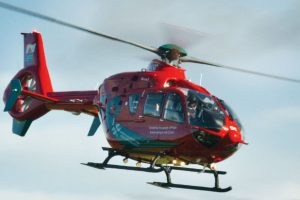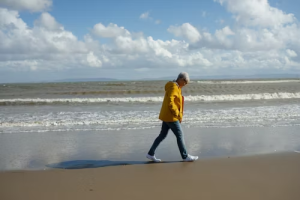Brecon Beacons National Park has officially changed its name to Bannau Brycheiniog National Park, as a reflection of its commitment to Welsh culture, language and heritage, as well as to promote a more sustainable and eco-friendly image. CEO Catherine Mealing-Jones stated that the previous name, which referred to wood-burning, carbon-emitting beacons, no longer fit the park’s eco ethos. She said, “Given that we’re trying to provide leadership on decarbonisation, a giant burning brazier is not a good look. Our park is shaped by Welsh people, Welsh culture, and after looking into it we realised the name we’ve got is a bit of a nonsense. It doesn’t really make any sense – the translation Brecon Beacons doesn’t really mean anything in Welsh.”
Helen Roderick, the sustainable development manager for the park, explained that the management plans include restoring tree cover, wetlands, hedgerows, peaty bogs and wildflowers to attract wildlife, as well as introducing localised renewable energy sources like small wind turbines. Additionally, farmers will be encouraged to adopt practices that benefit nature, such as leaving cover crops over winter for birds to eat and restricting grazing to certain areas. The sharing of hydrological maps between groups of farmers will also help avoid pollution being caused.
Duncan Fisher, founder of Our Food 1200, a regenerative farming enterprise, is encouraging growers to produce food for local markets. He said there are currently 16 small-scale farms that have teamed up to build a more local food economy outside of the supermarket-dominated system, which would allow growers to keep more of the profits. “We’re very keen on this idea that the farmers own the supply chains, or that all of the money in the supply chain is local,” added Fisher. “That creates wealth that creates the circulation of money, which creates the market. The minute you start selling to a supermarket, it’s just really brutal.”
The changes reflect the park’s commitment to nature’s recovery with clean water environments by the end of the decade, as well as meeting the health, economic, recreational, and residential needs of people in the park by 2028. Bannau Brycheiniog National Park aims to attain net zero status by 2035.















